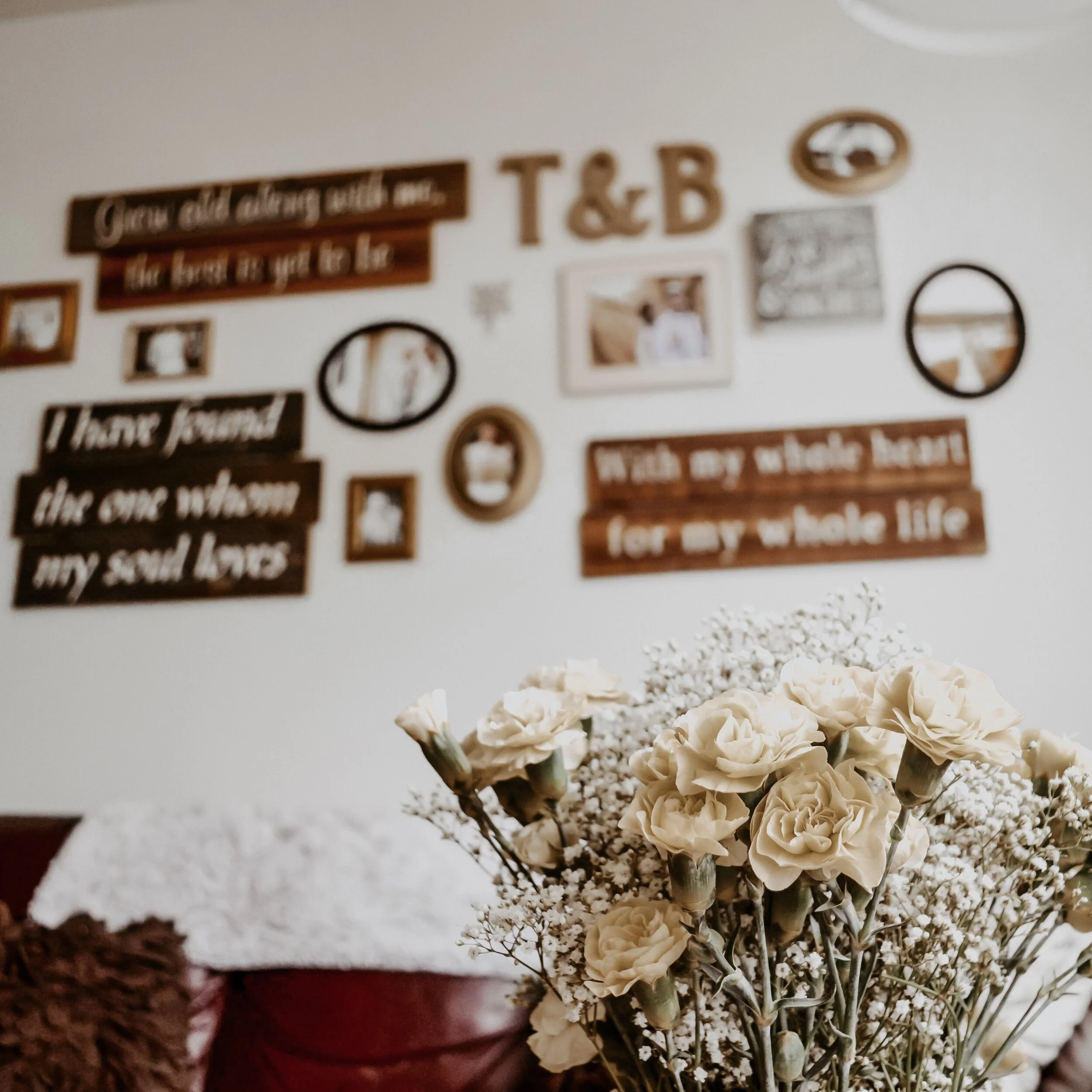Season 2 Episode 4 Show Notes: The Danish Guide to Life
/Did you know Denmark is ranked as the second happiest country in the world? I know I —and certainly my fellow Americans — can learn a lot from the Danes in this regard. So, in the newest episode on the Capsule Life podcast, we chat everything from lykke to hygge — the coolest things I’ve learned about the Danish culture.
But First, Who is Meik Wiking?
Meik Wiking is the guy who brought us The Little Book of Hygge and The Little Book of Lykke. He is the CEO of the Happiness Research Institute in Copenhagen and is widely considered one of the leading experts in global happiness. Meik took the leap to establish the institute when his close friend and mentor died from cancer at the age of 49. He thought to himself, ‘what if I only have 15 years left to live?’ So he quit his job and started studying happiness. He now rates his happiness at a 9 out of 10. Pretty amazing.
Defining Lykke & Hygge
Lykke: loo-ka.
The Danish word for happiness.
Lykke is made up of six essential factors: togetherness, money, health, freedom, trust, and kindness. In the podcast, we dive into each of these six essential factors, and explore inspiring examples of lykke from across the globe.
Hygge: hoo-ga.
Well this one is a bit more complicated.
Hygge is about an atmosphere and an experience, rather than about things. It is about being with the people we love. A feeling of home. A feeling that we are safe, that we are shielded from the world. One that allows us to let our guards down.
We’re Already Hygge-ing, We Just Don’t Know It
You guys, hygge IS ME! I am hygge. And that’s one point Wiking made in an interview with the Telegraph — he said: “Hygge is just the way we live. Danes see Hygge the way Americans see freedom. It’s something inherently Danish, but Hygge happens everywhere.” He goes on to say that Danes have simply given the rest of the world a word to appreciate what they were already doing.
While hygge first appeared in Danish writing in the early 1800s, its surge in popularity over the last several years is - in my experience at least - very coincidental to the surge in everyday pressures of modern life, modern technology, and the trend of always doing more (though, not ever feeling like we’re doing enough), and de-prioritizing self-care.
In his book, Wiking describes hygge as humble and slow — he says “it is choosing rustic over new, simple over posh, and ambience over excitement. In many ways, hygge might be the Danish cousin to slow and simple living.” Wiking also says “hygge is about giving your responsible, stressed-out achiever adult a break. Relax. Just for a little while. It is about experiencing happiness in simple pleasures and knowing that everything is going to be okay.”
Tune in to the episode to find out what’s in the Hygge Manifesto, how to make your own home more hygge, and how to build a hygge emergency kit among other tips!
Join me on this Capsule Life journey!
Subscribe to the Capsule Life podcast on iTunes
Like what you hear? I’d love it if you left a review! It helps me out more than you know!
This Capsule Life Community
This Capsule Life on Instagram
This Capsule Life on Pinterest











